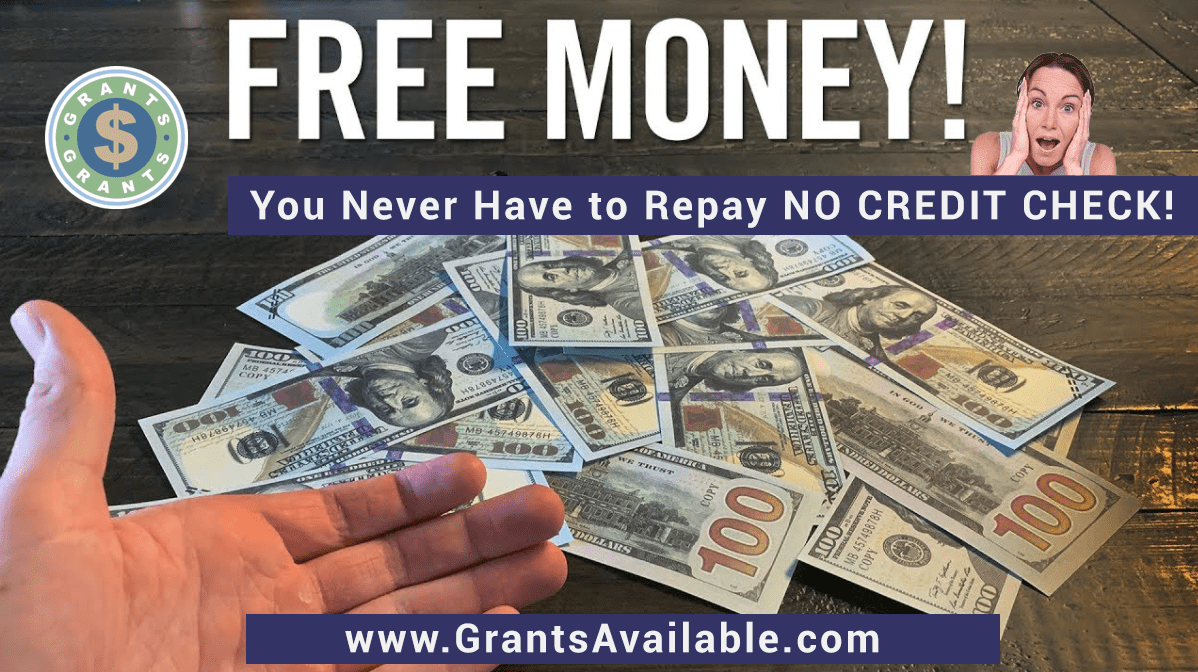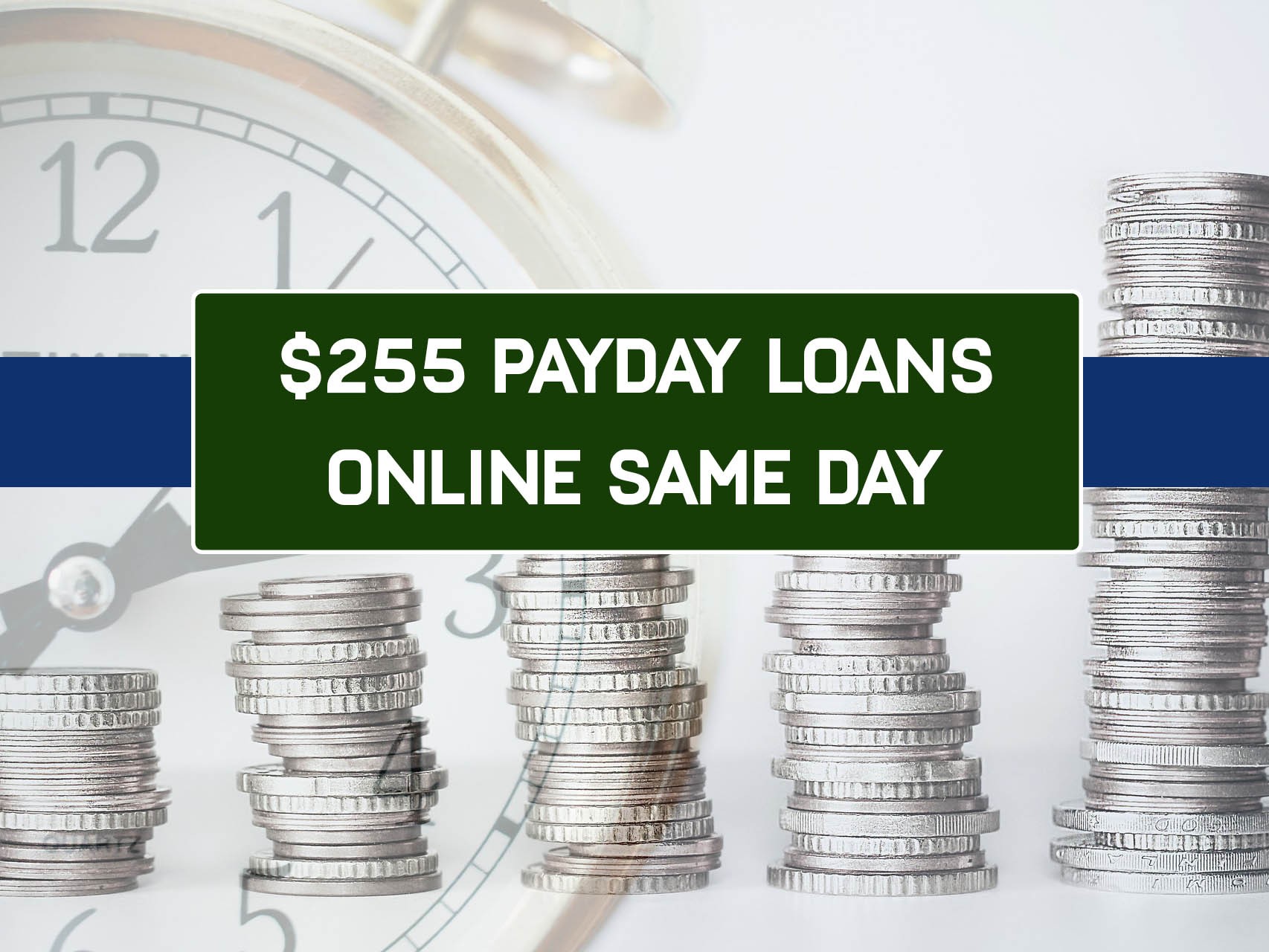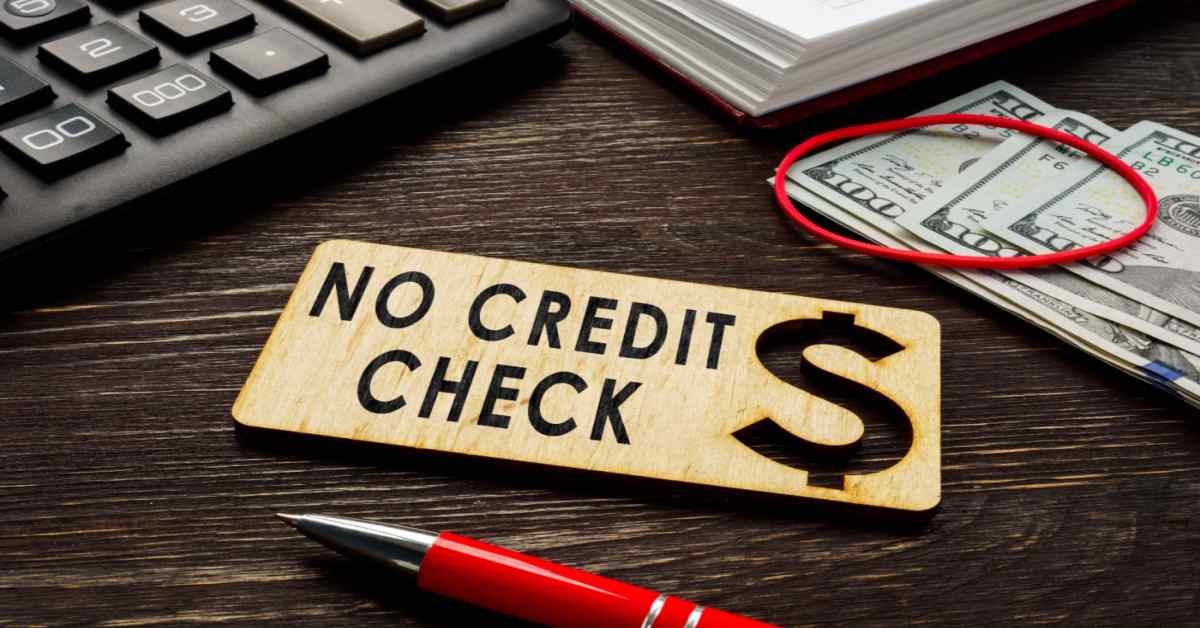Get Instant Cash No Credit Check

Desperate for cash? Companies are aggressively advertising "instant cash" loans with no credit check, promising fast relief. But experts warn these seemingly easy solutions can quickly turn into a financial nightmare.
This article dissects the growing trend of no-credit-check loans, outlining the potential dangers and offering advice on safer alternatives for those facing urgent financial needs. We aim to equip you with the knowledge to navigate these offers with caution.
The Allure of Instant Cash
The promise is simple: quick access to money without the hassle of a traditional credit check. No credit check sounds appealing, especially if you have a low credit score or a limited credit history. These lenders often advertise online and in areas with high concentrations of low-income residents.
They often emphasize speed and convenience, boasting approvals within minutes and funds deposited directly into your account. This speed can be incredibly tempting when facing an unexpected bill or emergency expense.
Who is Offering These Loans?
The landscape of no-credit-check lenders includes online platforms, payday loan stores, and pawn shops. Many operate outside the traditional banking system. They often target individuals who are underserved by mainstream financial institutions.
Some are legitimate businesses operating within legal frameworks, while others may be predatory lenders skirting regulations. Identifying the trustworthy from the unscrupulous can be challenging.
What's the Catch? The High Cost of "Convenience"
The primary danger lies in the exorbitant interest rates and fees associated with these loans. Annual Percentage Rates (APRs) can soar into the hundreds, even thousands of percent. This is dramatically higher than traditional loans or credit cards.
These high costs make it extremely difficult to repay the loan, leading to a cycle of debt. Borrowers often find themselves taking out new loans to cover existing ones, a dangerous practice known as "rolling over" the debt.
According to a 2021 report by the Consumer Financial Protection Bureau (CFPB), borrowers who take out payday loans, a common form of no-credit-check lending, are likely to remain in debt for at least half the year.
Where are These Loans Prevalent?
No-credit-check loan advertisements are pervasive online and in communities with limited access to traditional banking services. States with weaker regulations on payday lending tend to see a higher concentration of these businesses. These states often have fewer consumer protections in place.
Many online lenders operate across state lines, making it difficult for regulators to enforce consumer protection laws. This creates a challenging environment for both borrowers and regulators.
When Should You Avoid These Loans? Always.
The short answer is: almost always. The potential risks far outweigh the perceived benefits. If you are facing a financial emergency, exploring other options should be your priority.
These loans should be viewed as a last resort, and only after exhausting all other possibilities. Carefully consider the long-term financial implications before taking out a no-credit-check loan.
How Can You Find Safer Alternatives?
Explore options such as credit counseling, negotiating payment plans with creditors, or seeking assistance from local charities. Look into secured credit cards designed for building credit.
Consider borrowing from family or friends, or exploring a personal loan from a credit union or bank. Even with less-than-perfect credit, these options are likely to offer far more favorable terms.
The Bottom Line
Instant cash no credit check loans may seem like a quick fix, but they often lead to long-term financial hardship. Be wary of these offers and prioritize exploring safer, more sustainable financial solutions.
The CFPB and other consumer advocacy groups are actively working to educate consumers about the risks of payday and no-credit-check lending. Stay informed and protect your financial well-being.
If you are currently struggling with a no-credit-check loan, contact a credit counseling agency or legal aid organization for assistance. Resources are available to help you navigate your situation.


















